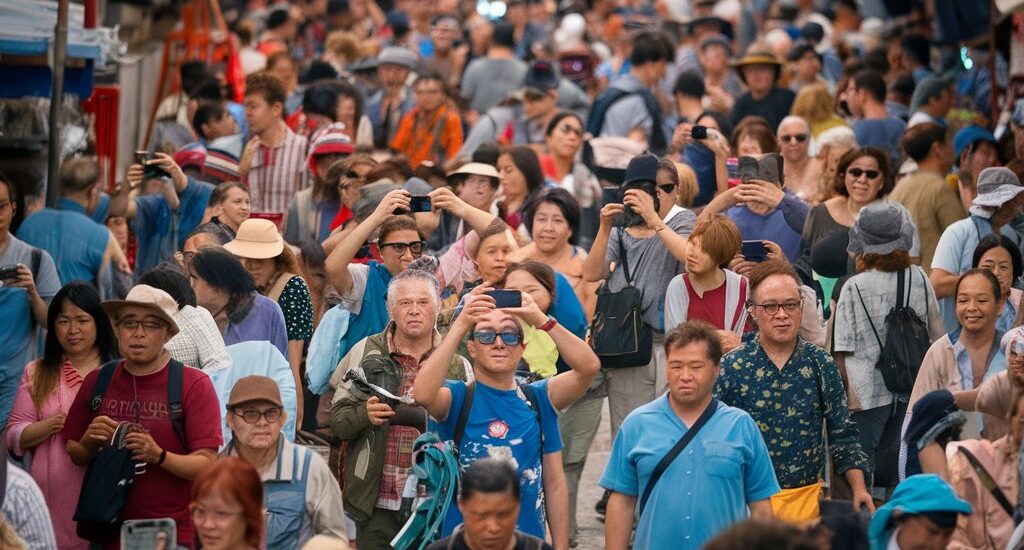- 19 August 2024
- Posted by: Twissen
- Category: Policies & funding

In the current context, it is increasingly common to hear about sustainable tourism, the capacity of territories, and tourist overcrowding or overtourism. However, before diving into these issues, it is essential to ask what the true priorities of tourism are. Why does a territory open up to tourism?
We should remember that tourism is an economic sector, both public and private, which by its nature should bring benefits to the territory and the resident community. If this does not happen, then something is not working.
Today, there is much talk about the overcrowding of tourist destinations, environmental unsustainability, inadequate working conditions that do not allow the sector to retain and value human resources, and the depopulation of cities like Venice, where normal life is becoming, according to many residents, unsustainable. So, why do we engage in tourism?
It seems that tourism has become a race to see who can boast the most about their growth numbers: “This year we grew by 300%, room revenue is up by more than 400%, we’ve made more money.” But if all of this does not bring benefits to the territory and the resident community, what is the point?
Tourism decision-makers should prioritize the function of tourism, ensuring that the benefits fall to the local community, and not just to external entities that have no connection to the territory. I read an article stating that two-thirds of hotel revenue in Italy ends up abroad, not remaining within the territories. If tourism does not generate advantages for the territory, then it becomes merely a cost.
Another important aspect is that tourism is often supported by public spending: from land management to roads, waste, and even promotion. Therefore, if it does not generate, in return, utility for the territory, perhaps we should call it something else.
In my opinion, there are two possible explanations for this situation. The first is a lack of competence: some decision-makers do not understand how tourism works and continue to follow the logic of “record numbers.” The second is propaganda: the ability to boast about growth data allows for the communication of successes, but without a thorough analysis of the real benefits.
Returning to the topic of overtourism, there are no simple solutions or magic wands. However, two considerations are necessary. The first is that we must ask the resident community if they want that type of tourism and that type of city life because the citizens are the true owners of the city. It is absurd to imagine a situation where residents, annoyed by tourism, are forced to leave their own city. Who benefits from that?
In my early years working in the tourism sector, I attended meetings with mayors and administrators where more than one would say, “But the tourist doesn’t pay taxes.” In reality, the tourist pays the “tourist tax,” which, to be precise, is a tax. But if the citizen is unhappy and leaves the city, who will pay the taxes?
Furthermore, we have examples where every street has a different speed limit. Why is there fear of talking about limits in tourism? It is not an unhealthy invention, but rather something discussed in an enlightened European Commission document as early as 2007.
Regarding overtourism, it is clear that it cannot be solved simply by imagining “mechanically” moving tourists from a city like Rome to the surrounding areas, hoping they will automatically fall in love with the surrounding territory. If someone decides to go to Rome and is diverted elsewhere, they are likely to feel deceived.
So, the work to be done is different and requires, among other things, careful governance, robust planning, the creation of strong networks, extensive training, rebranding of destinations, and effective communication. Tourism must bring benefits to the territory, otherwise, there is a risk of standardizing destinations, as has happened in other popular locations. In some of these destinations, local cuisine has disappeared, and the cultural identity, which was a motivation for the trip, has been replaced by standardized vacations focused on consumption and sharing on social media.
The work to be done is entirely different… unless it is decided that major destinations should become theme parks.

